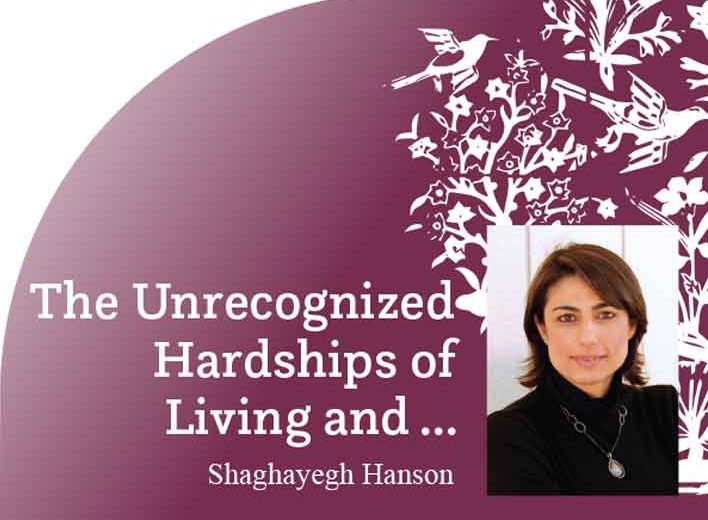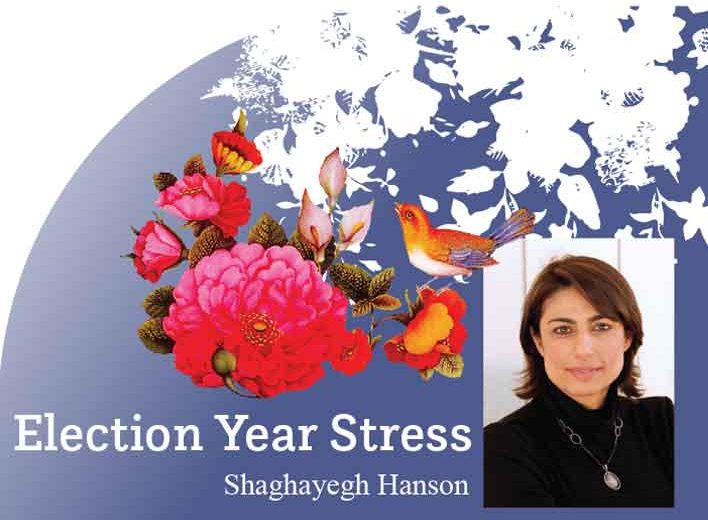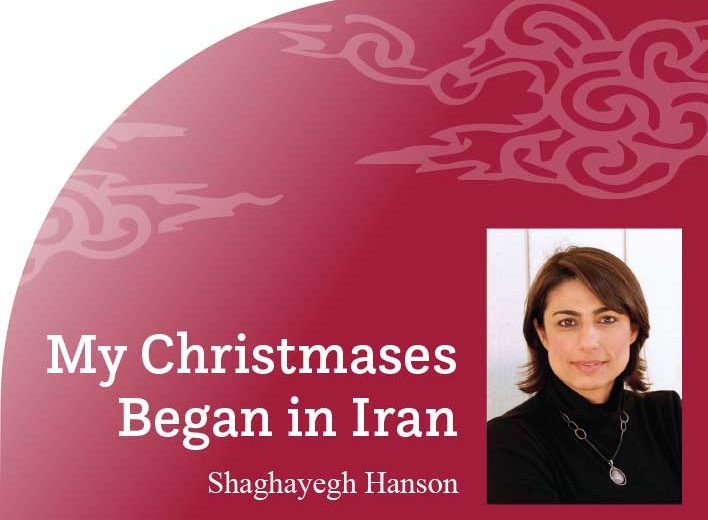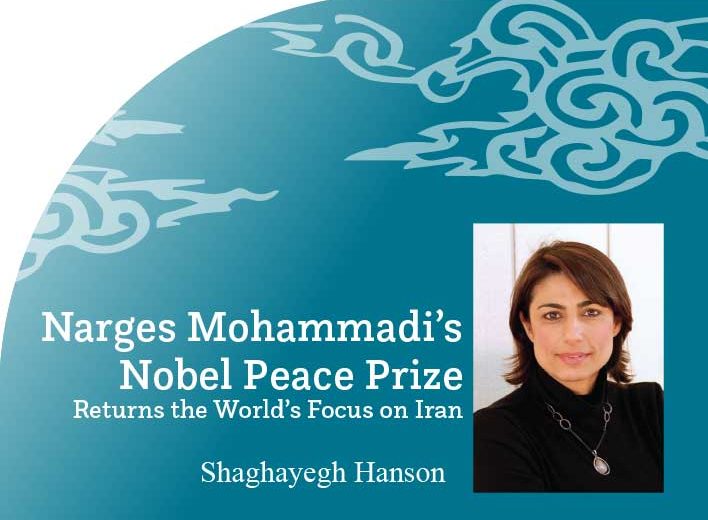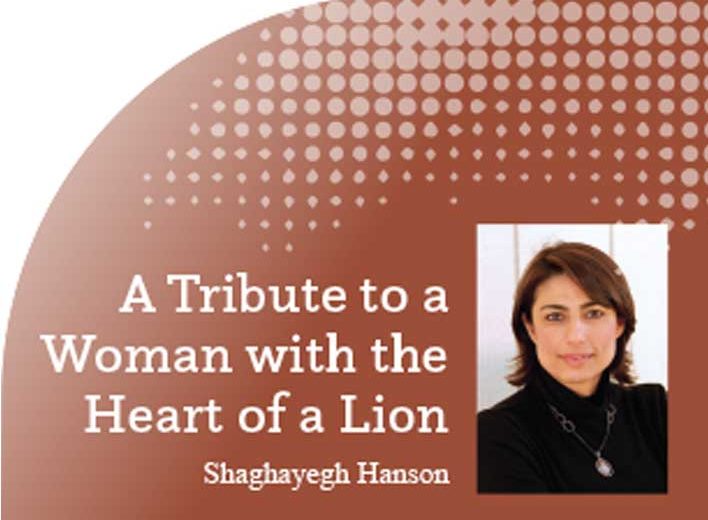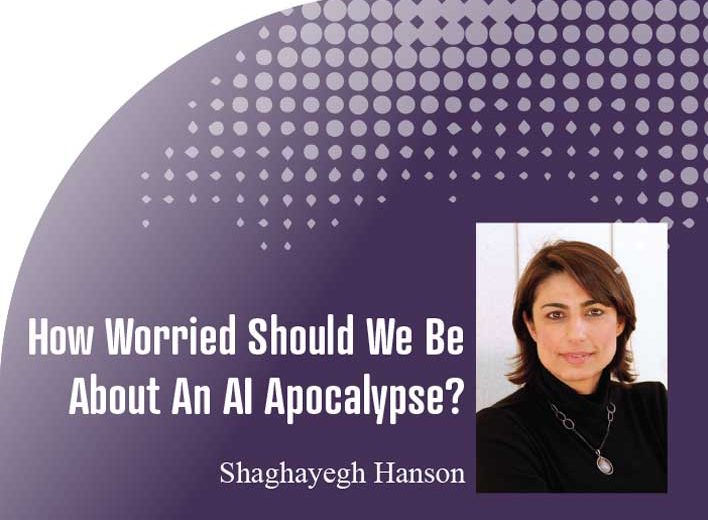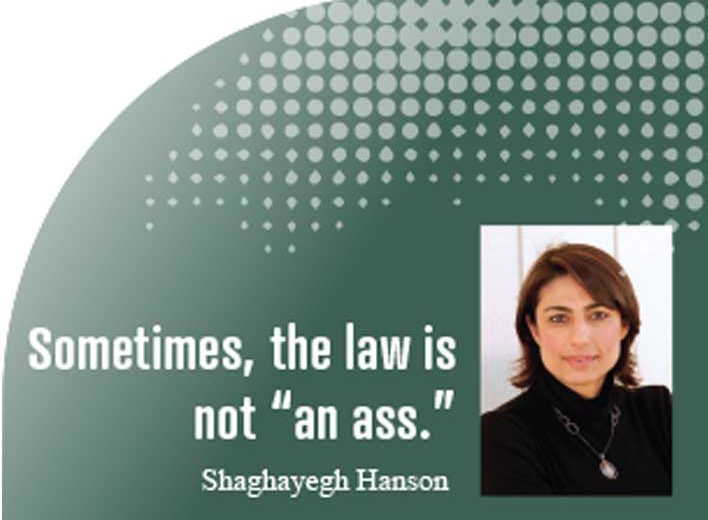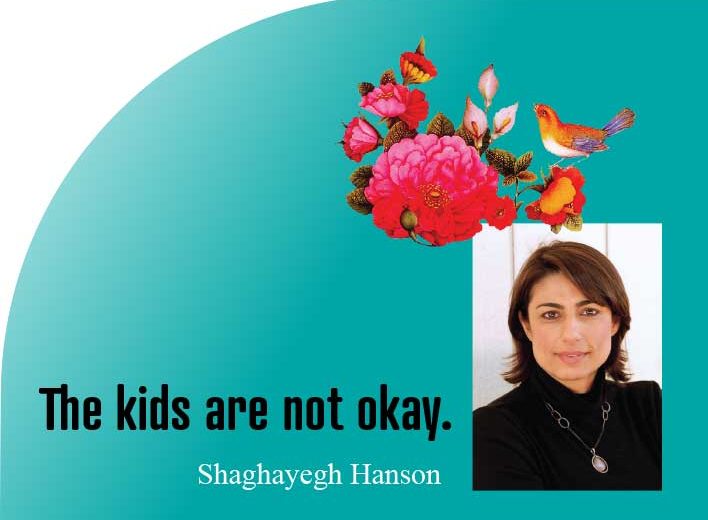A Cry For Freedom
Shaghayegh Hanson
“Give me liberty, or give me death!” impassioned this nation to a revolution; “Woman, Life, Freedom!” is its aspiring descendent.
Like the stars that align to form the Big Dipper, some threads of human behavior carry through over the arc of history, painting a picture of human nature. Such is the uncompromising thirst for freedom. It is a basic need we have as the highest form of animal on this planet. The lodestar of human rights is human needs. Freedom is, therefore, a basic human right, the deprivation of which is dehumanizing, degrading, frustrating, and infuriating—which is why calls to action against an oppressor of that right are so moving and emboldening.
When Patrick Henry cried “Give me liberty, or give me death!,” he was, of course, saying he would rather die than live without liberty under British rule. And many did die in securing independence for America. When people walk in the streets of Iran, chanting “Zan (woman), Zendegi (life), Azadi (freedom),” they too are risking their lives. And people are dying.
When the oppressors say “we did not kill Mahsa Amini, she had a heart attack,” they are willfully and intentionally missing the point. She is dead because they wanted to tell her how to dress, because they wanted to tell her what to think, because they have a “morality police” for God’s sake, because they wanted to define who her God should be, and because, in their gun-slinging arrogance, they wanted to tell her only they knew what that God wants. How dare they place their desire for power and control above her life. And above the lives of those who merely want to say enough is enough, we do not want a government that is so megalomaniac, ruthless, cruel, and intolerant.
Is this about religion? Some say it is. I do not agree with that. Islam (at least some form of it defined by them) may be the oppressors’ tool of choice in Iran, but it is not the cause of the problem. Not all oppressors and dictators have been or are Muslim. Not all Muslims are dictators and oppressors. What the enemies of liberty all have in common, though, is the belief that their way is the best and only way to […..] fill in the space: love, pray, work, live, procreate, the list goes on. These types of people are everywhere. Even here, they work to undermine women’s rights, LGBTQ+ rights, minority groups’ rights, anything and anyone that does not adhere to their moral/religious/political code. The self-righteous doggedness of their behavior is at least as pronounced as any hardline cleric in Iran. But unlike in Iran, we can speak up and defend our rights without risking our lives to do it (usually). Which is why voter apathy in this country can seem so confounding to those who do not have that luxury or have it in a corrupt system.
It is a sad irony worth noting that the young, especially, are those risking their lives for freedom in Iran, while it is especially the young in this country who do not vote. In both situations, it is women—bold, courageous, and fed-up women—who are leading the fight for change. In Iran, they are ripping off their headscarves, dancing around hijab bonfires, and marching fearlessly for the rights they have never had. Here, women stunned by the prospect of losing the rights they thought they would always have are covering their hair and obscuring their facial and bodily features in Handmaid’s Tale fashion to illustrate what is at risk if we do not protest, act, and vote in large and effective numbers.
We are in this together, “for my sister, your sister, our sisters.” For our mothers, daughters, and wives. For women, life, and freedom.
1- Lyrics from Shervin Hajipour’s beautiful song, Baraye: https://www.youtube.com/watch?v=5qQchsJGNPQ


